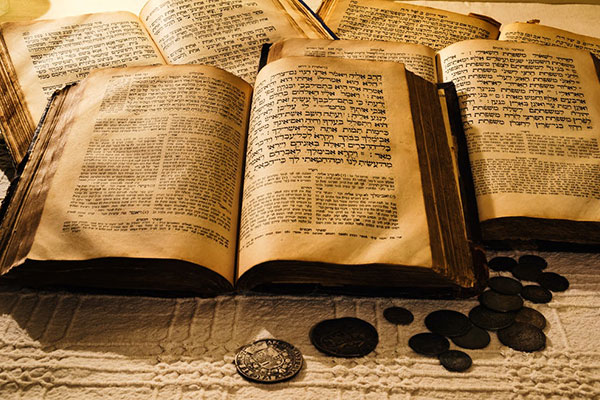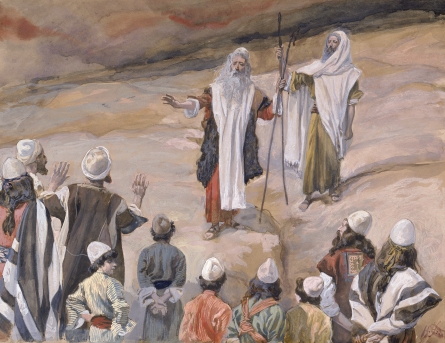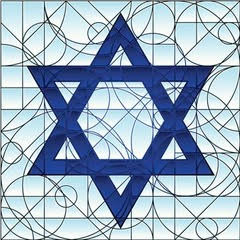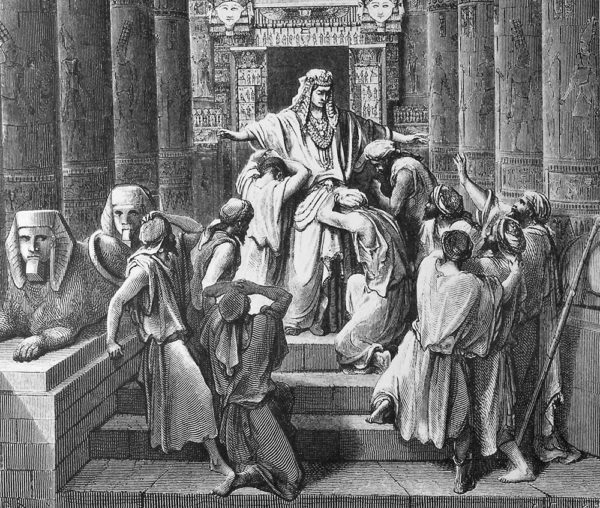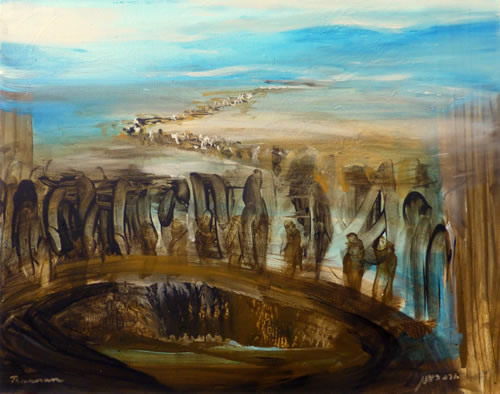Category Sermons
Many people today reading this commandment might be shocked by the measures used to make people observe Shabbat – the death penalty. Are these measures truly appropriate for the failure in observing it? Is this an overreaction?
One thing is certain, if this law was truly and fully implemented within the tribal society of ancient Israelites the common
Thoughts on parashat Ki Tisa
The central event of this weekly portion of the Torah is the golden calf incident:
When the people saw that Moses was so long in coming down from the mountain, the people gathered against Aaron and said to him, “Come, make us a god who shall go before us, for that man Moses, who brought us from the land of Egypt—we do not know what has happened
Thoughts on Parashat Terumah
The Torah portion of this week is entirely devoted to the structure of Mishkan. Mishkan comes from the Hebrew root meaning shachan which means “to dwell”; the tabernacle was considered to be the earthly dwelling place or residence of God.
God instructs Moses with words: Tell the Israelite people to get me their contribution, from everyone whose
Thoughts on Parashat Mishpatim
The Torah portion for this week begins with a code of law which regulates social relations. The first part of this code (Ex 21:1-11) deals with slavery. As we know, this institution existed in ancient Israel, just like in other ancient states and cultures. However, slavery in Israel was not “absolute”. A slave had his inviolable rights.
Thoughts on Parashat Yitro
In this week’s Torah portion we find the story of Moses’ father-in-law, Yitro, who after having heard about everything that God has done for Moses and the Israelites by bringing them out of Egypt decides to join Moses and the people of Israel. So he comes to the desert along with
Thoughts on Parasha Yitro
In this week’s Torah portion we find the story of Moses’ father-in-law, Yitro, who after having heard about everything that God has done for Moses and the Israelites by bringing them out of Egypt decides to join Moses and the people of Israel. So he comes to the desert along with Moses’ wife and two sons whom Moses has previously sent away
Thoughts on Parasha Bo
It happened in the spring of 1997 or 1998. Back then I was a student at one of the technical secondary schools in Przemyśl. In the summer semester we had a so called “vocational apprenticeship”: instead of going to school, we’d spend one month in one of the local production plants. The production plant we had our apprenticeship in hired several
Thoughts of parashat Vayigash
We live in an age of many different and often conflicting narratives. All the different worldviews can be easily pitted against each other, with a promotion of “the only right one”, in order to wage yet another ideological war. One can also go in a different direction: from the fact that there is a multitude of narratives, one may conclude that
Thoughts on Parashat Miketz
In last week’s Torah portion we read about the dramatic events of Joseph’s life. After he was sold by his brothers to Egypt as a slave he became a servant of Pharaoh’s official – Potiphar. He made Joseph the administrator of his home, entrusting him with all his property. Soon after, Potiphar’s wife tried to seduce him. When he refused,
Thoughts on Parashat Vayeshev
The Torah portion for this week starts with the story of Jacob settling in Hebron with his twelve sons. His favorite son is seventeen-year-old Joseph, with whom his brothers are jealous for the preferential treatment he receives from his father. To make matters worse, Joseph relates to his brothers two of his dreams which foretell that he is destined
